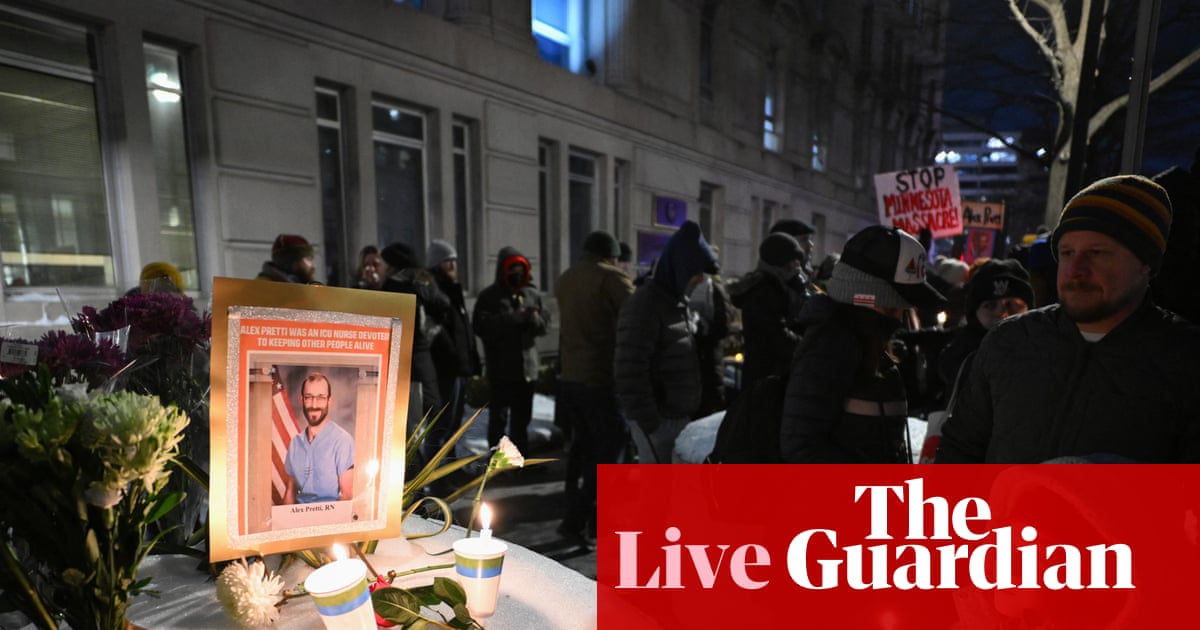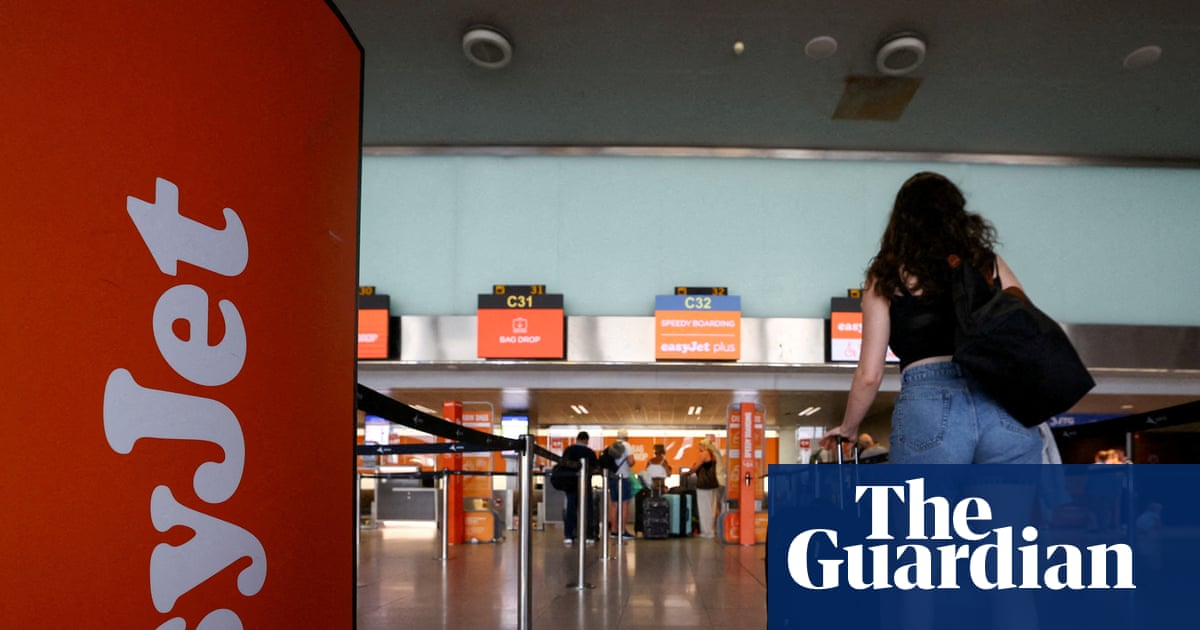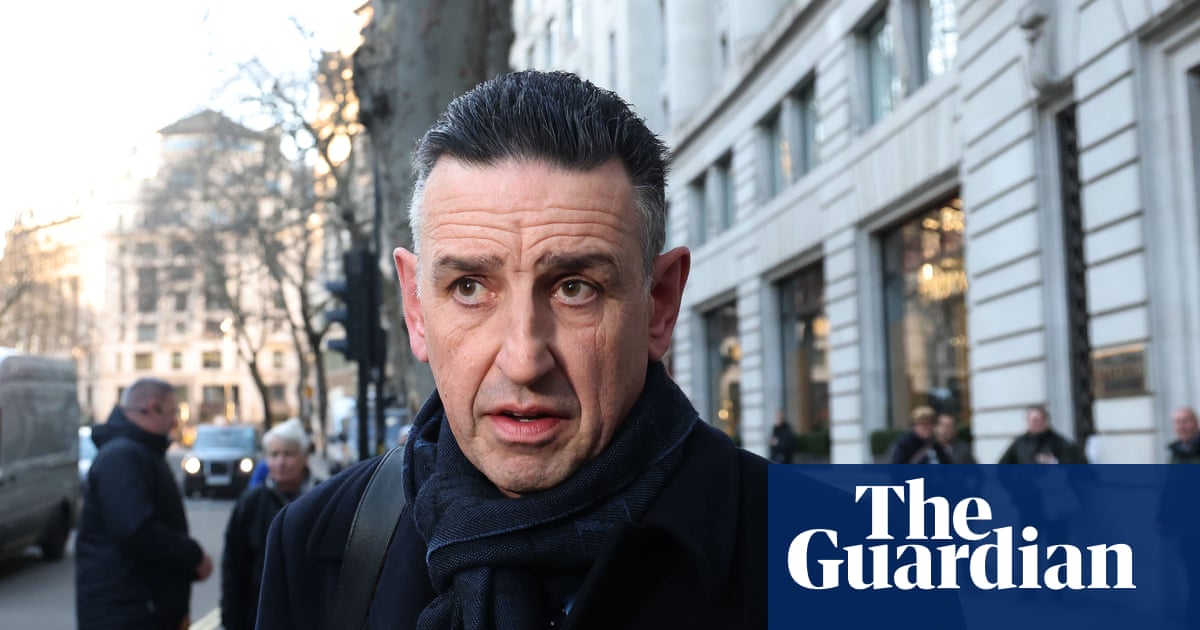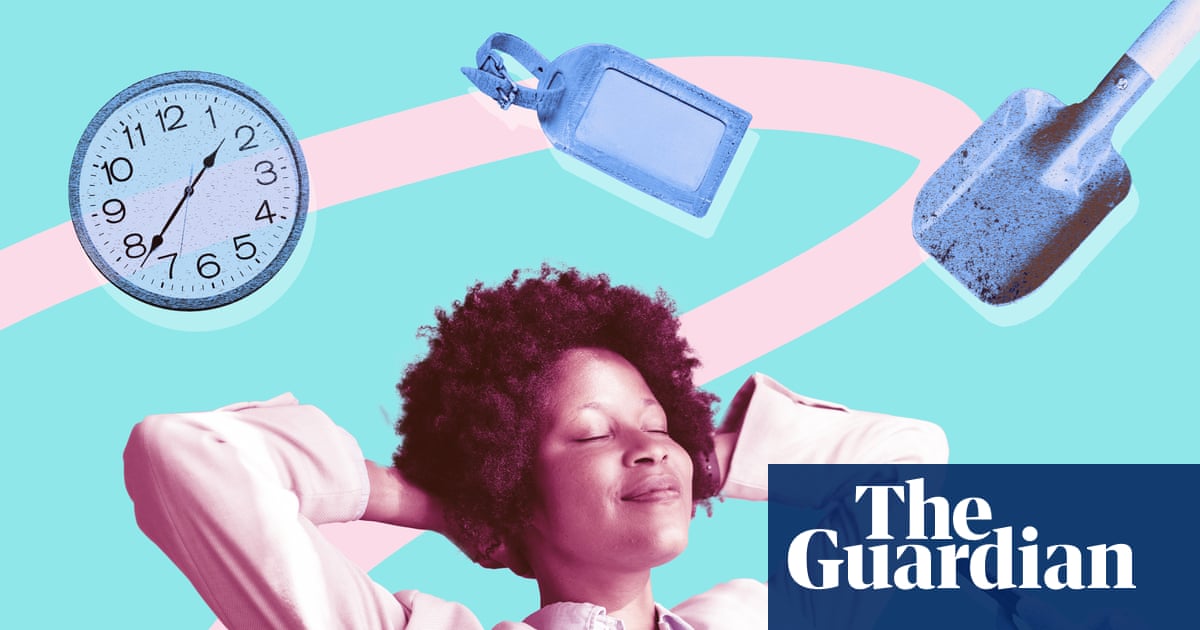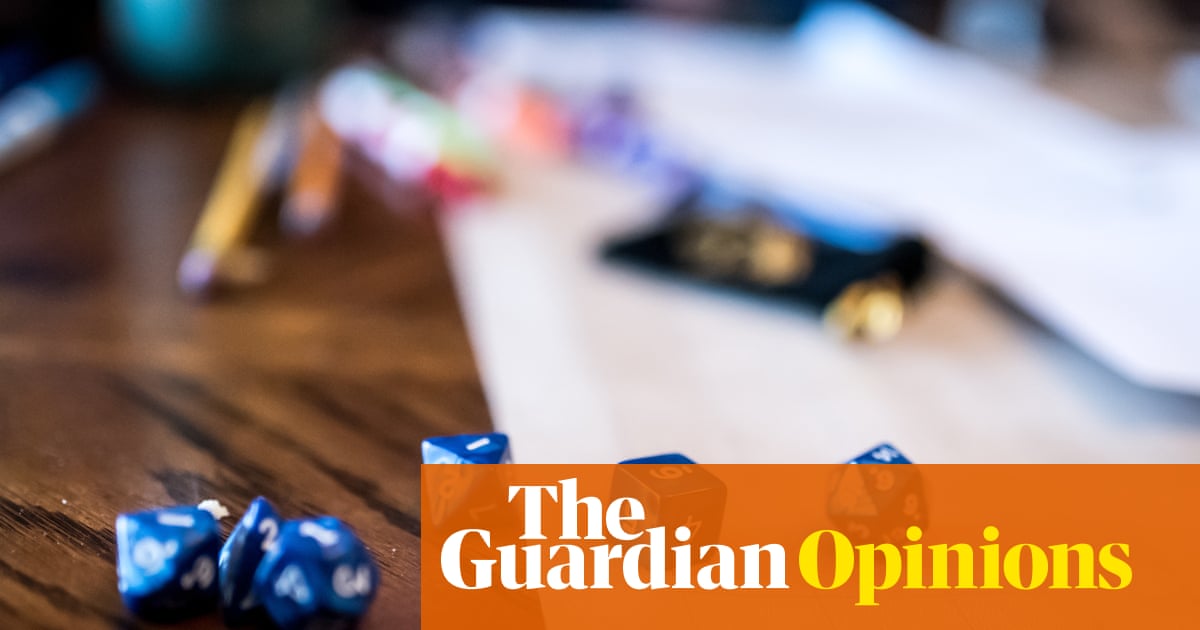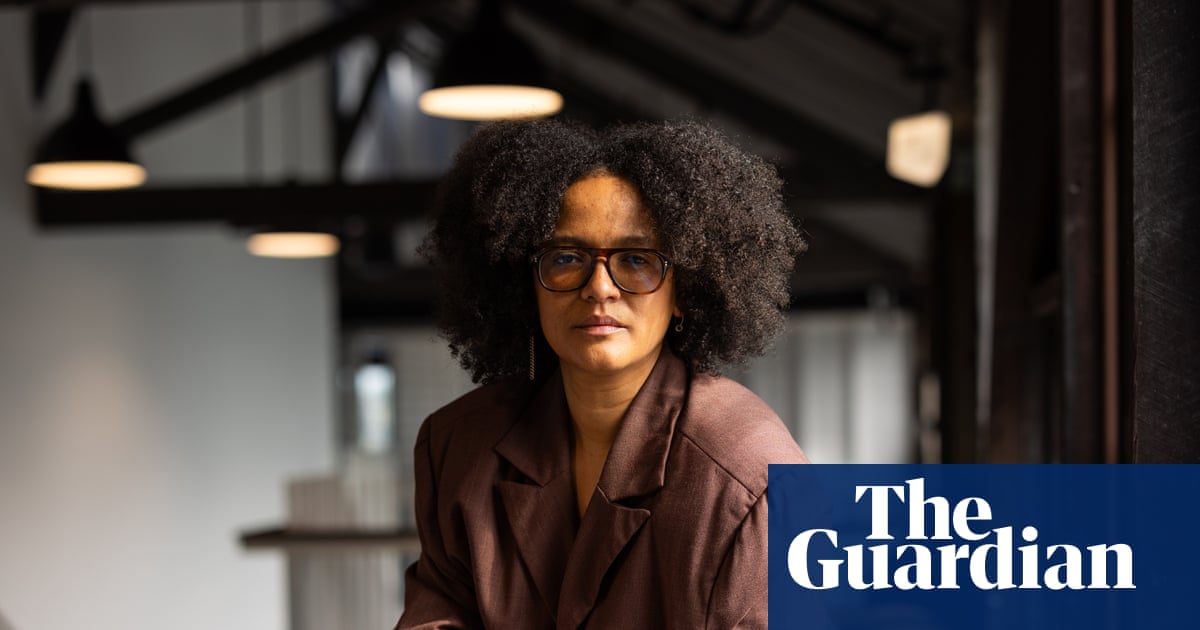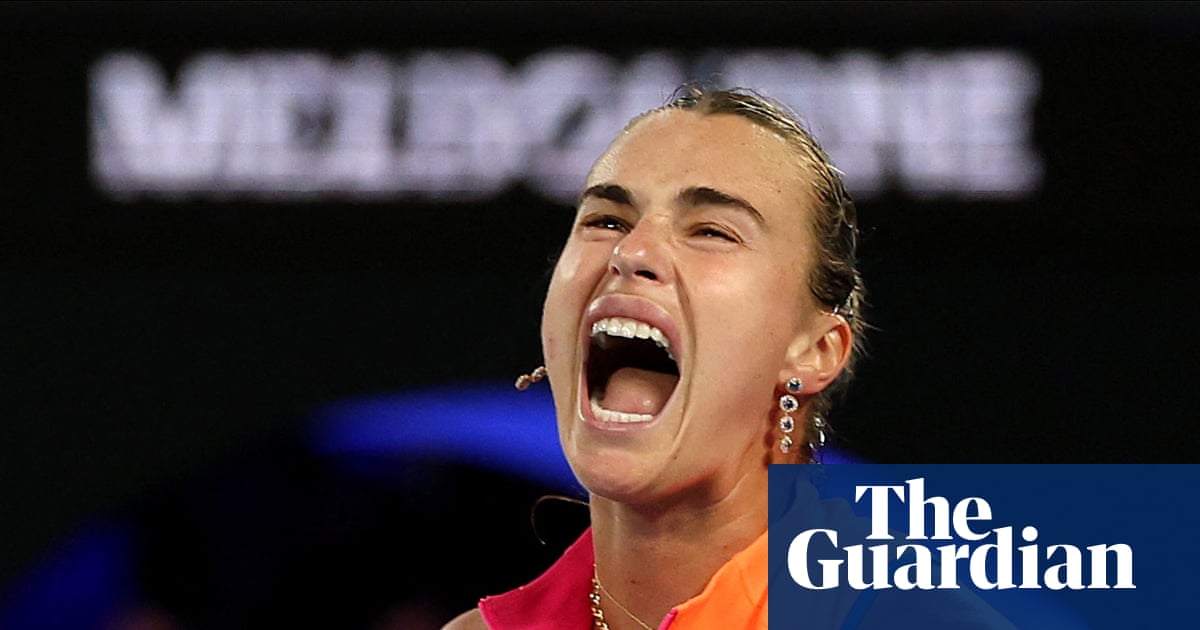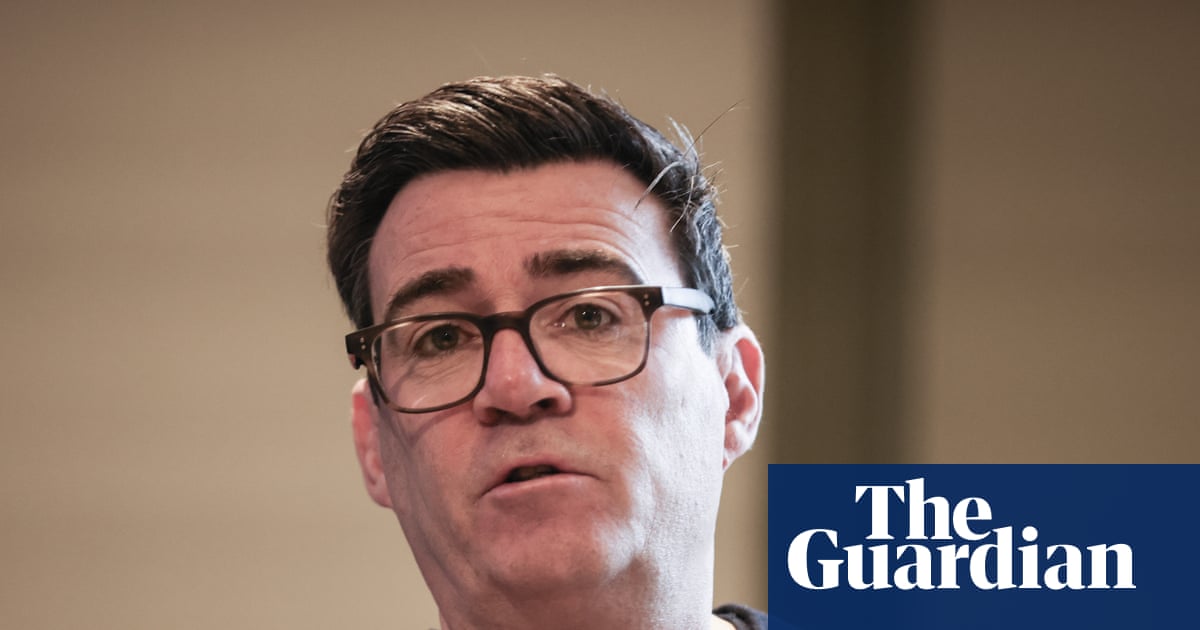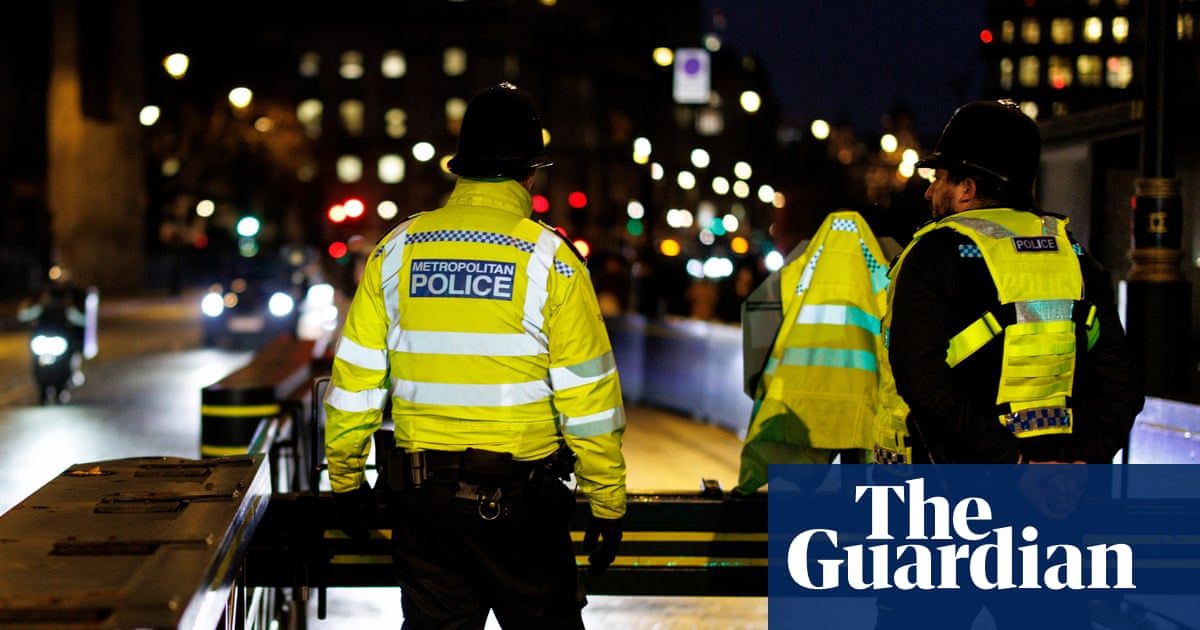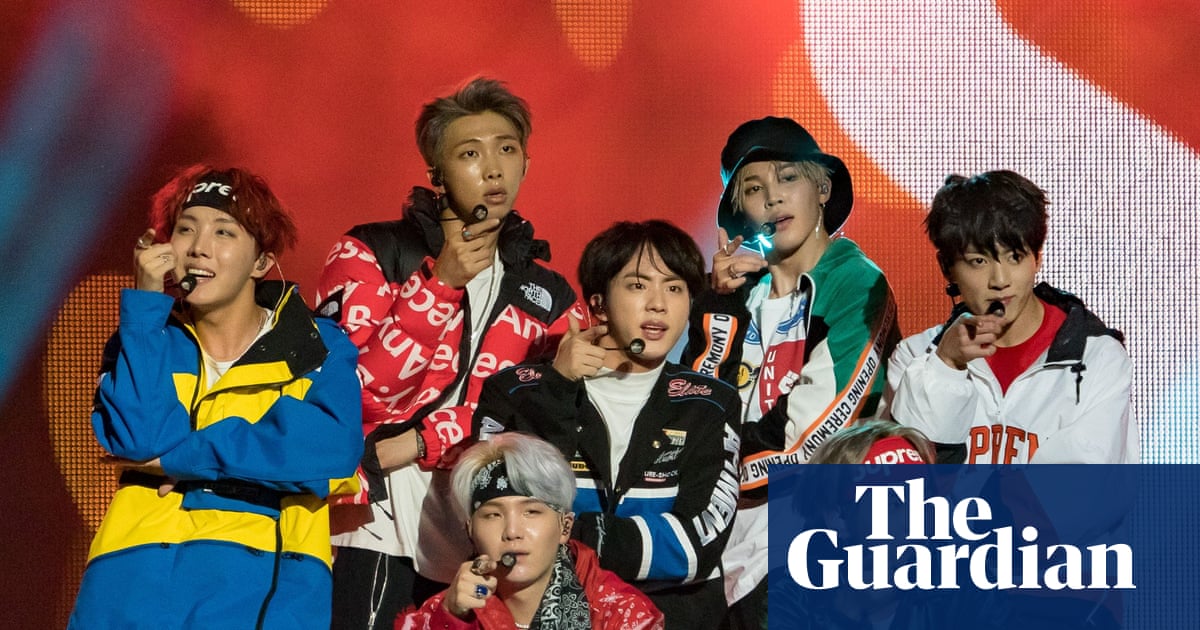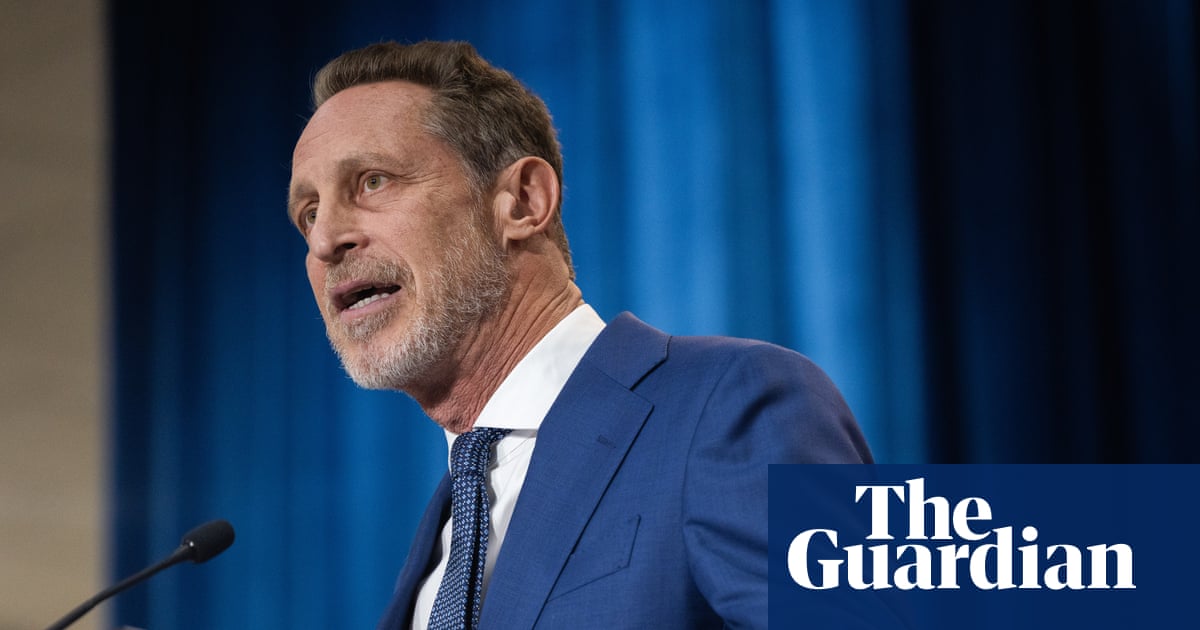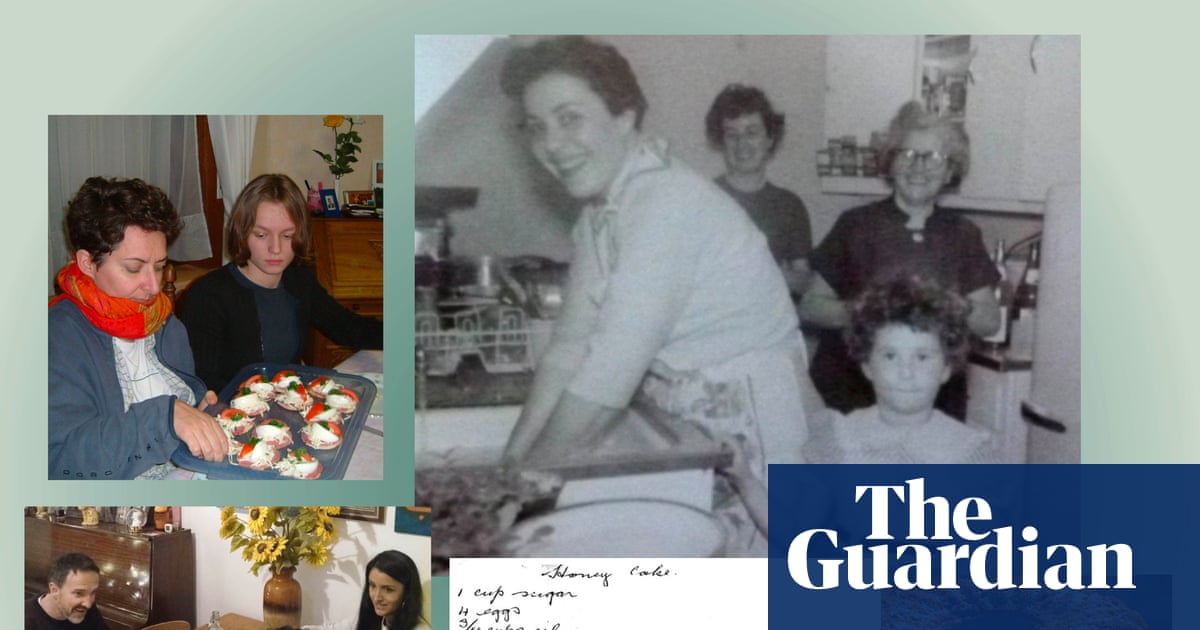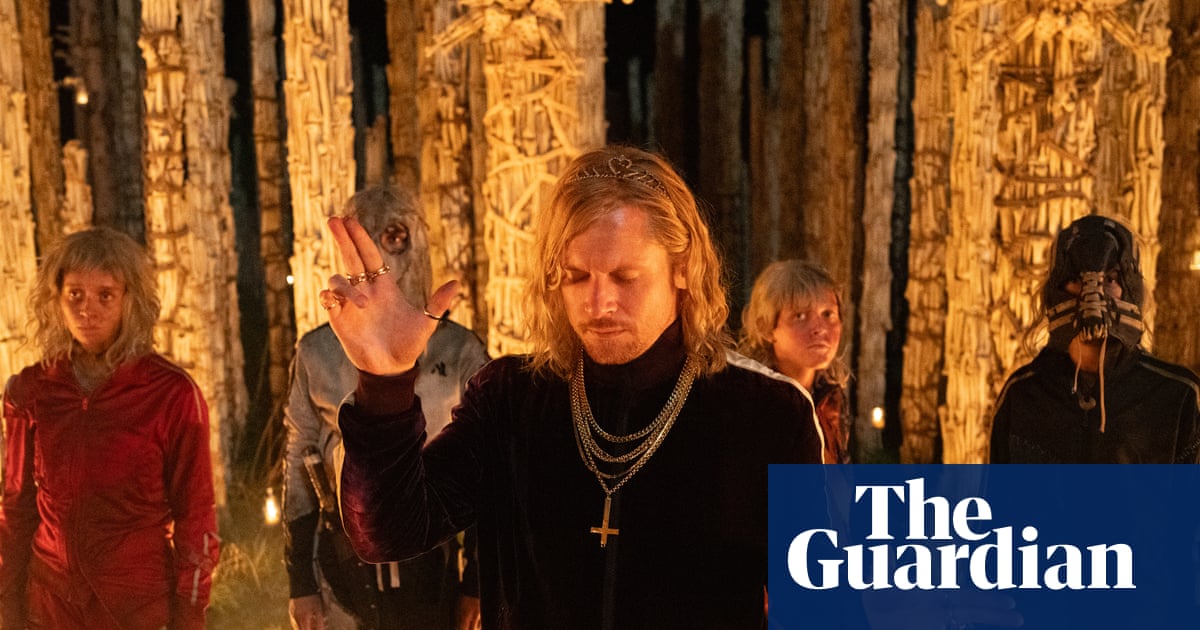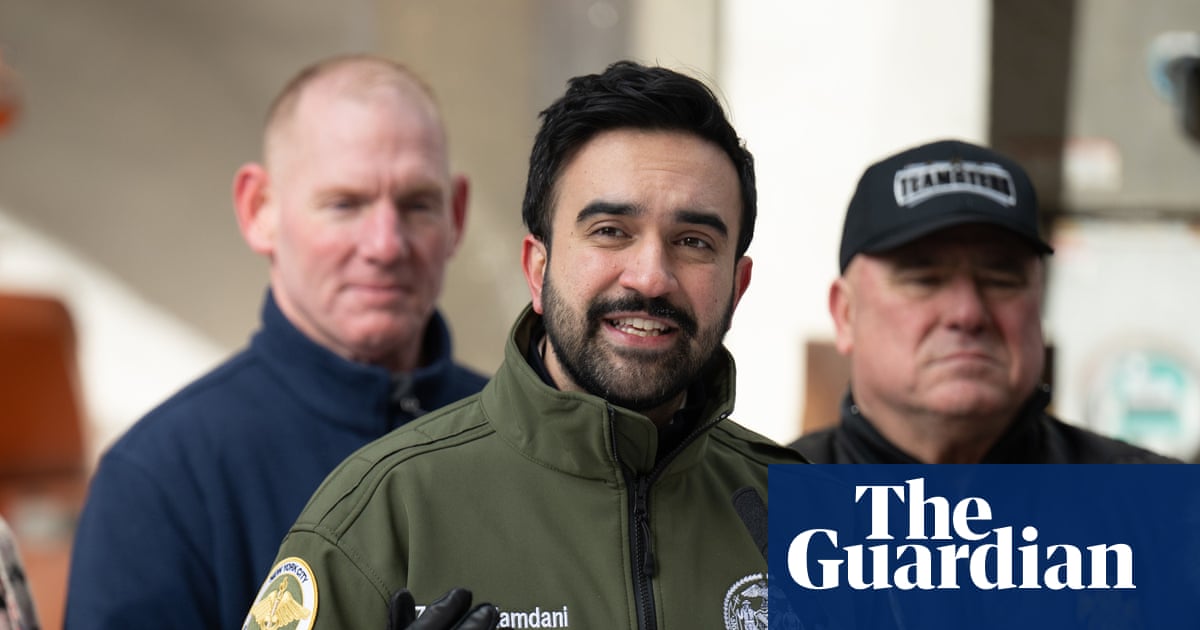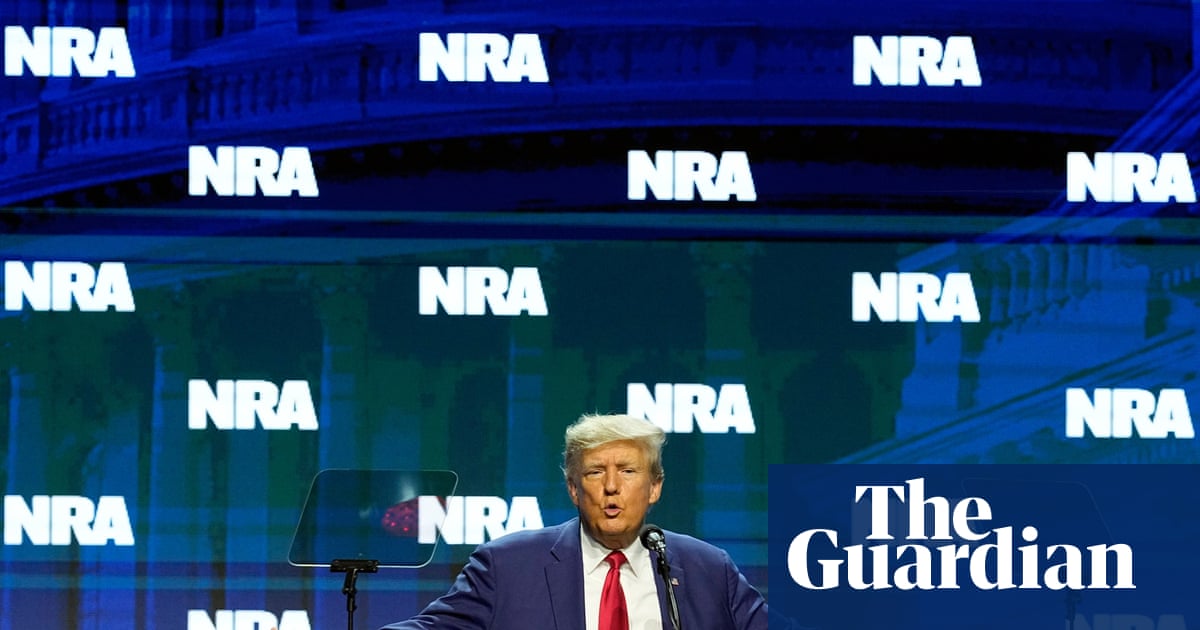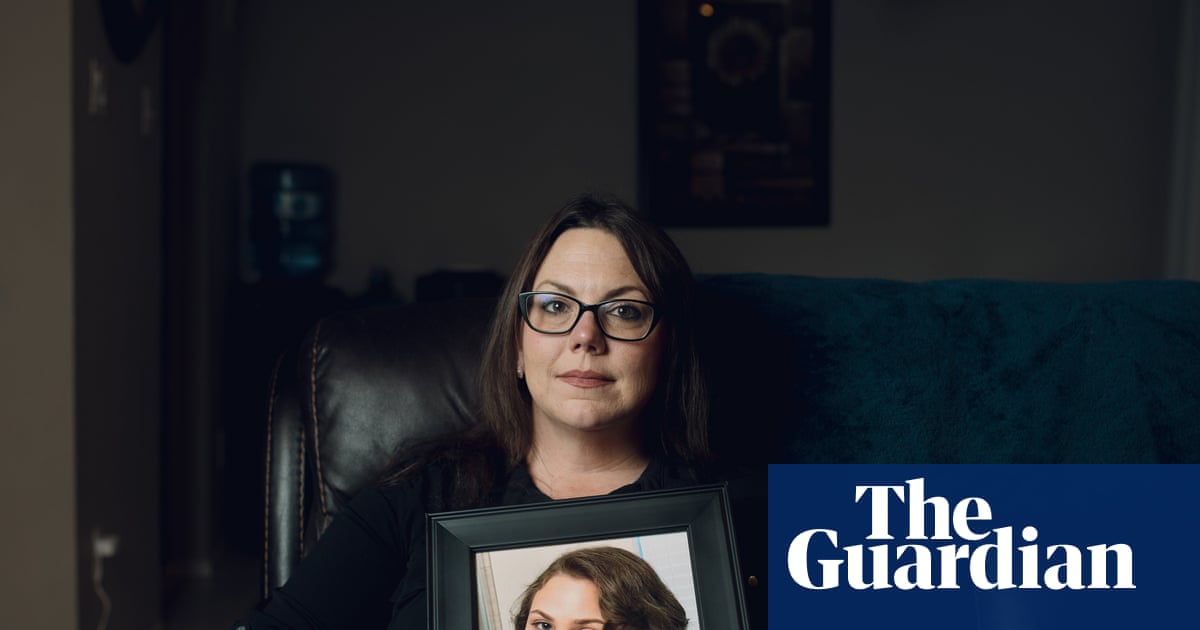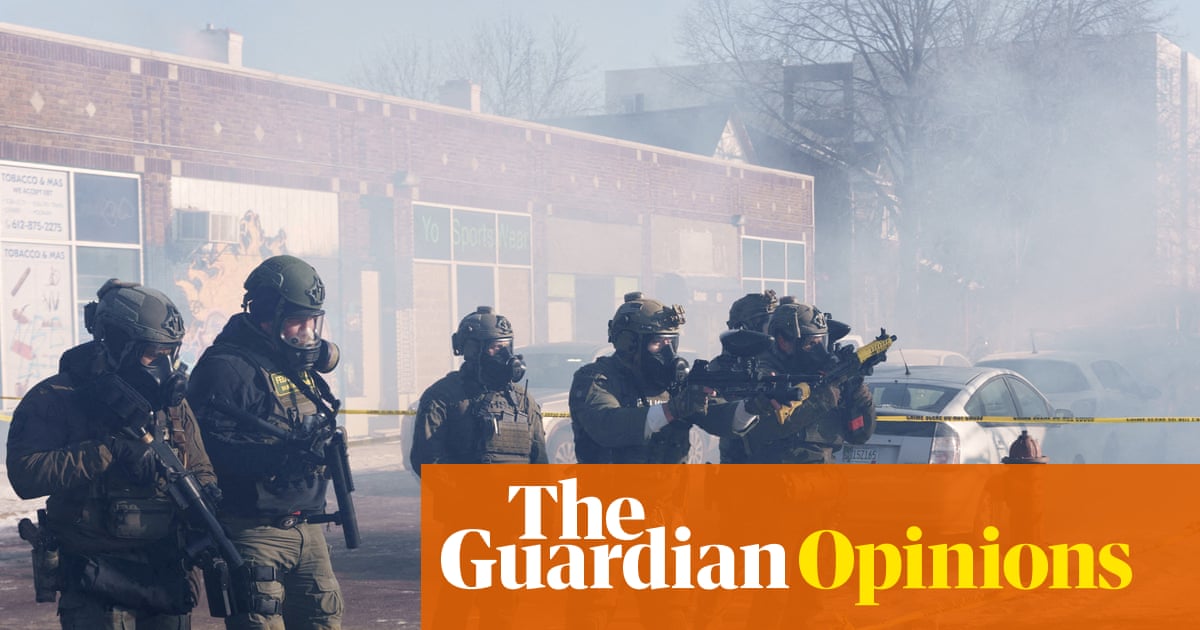Across the country, Donald Trump’s crackdown on immigrants has shaken neighbourhoods, torn apart families and engendered a sense of panic among communities. But in New York, on Tuesday night, Zohran Mamdani, the first Muslim mayor of New York, and an immigrant from Uganda, chose to underline his identity. “New York will remain a city of immigrants: a city built by immigrants, powered by immigrants and, as of tonight, led by an immigrant,” he told an ecstatic crowd at Paramount theater in Brooklyn.
The son of a Muslim father and a Hindu mother, he was born in Kampala, raised in Queens, and identifies as a democratic socialist. Almost every aspect of Mamdani’s identity had been an issue of contention during the election. Earlier this week, the Center for Study of Organized Hate published a report highlighting the surge in Islamophobic comments online between July and October, most of which labelled Mamdani as an extremist or terrorist.
Two days before the election, a Super Pac supporting Andrew Cuomo had run an ad depicting Mamdani in front of the Twin Towers crashing down on 9/11. Earlier, it had artificially thickened and enlarged Mamdani’s beard to make him appear more menacing on a flyer circulated around the city. Towards the end of October, a tearful Mamdani had addressed these accusations in a moving speech in the Bronx. He vowed that as an immigrant, and especially as a Muslim: “I will no longer be in the shadows.”
On Tuesday night in Brooklyn, he drove that point home: “I am Muslim. I am a democratic socialist. And most damning of all, I refuse to apologize for any of this.”
Minhaj Khan, who works with the Indian American Muslim Council of North America, a New Jersey organisation that focuses on the tri-state area, told me what “Zohran offers is something different than any other Muslim candidate who fought an election anywhere in the United States: he took a pretty bold stand against the ill that is spoken about Islam and Muslims in this country and his boldness actually resonates a lot with the community right now.”
“I think the way that he is not diminishing his identity and all the parts of his experience that have driven him to be pushing his affordability platform is huge,” said Alina Shen, the organising director of CAAAV Voice, the sibling organisation of Committee Against Anti-Asian Violence, which played a crucial part in engaging South Asian residents of the city in Mamdani’s campaign. “I think it’s part of what made him stand out as a political candidate, that he’s not changing who he actually is.”
Mamdani also started his victory speech by quoting Eugene Debs, the American socialist who was the son of French immigrants, and borrowed the hopefulness for a new dawn in New York City from Jawaharlal Nehru’s famous address to Indians on the eve of the country’s independence: “A moment comes, but rarely in history, when we step out from the old to the new, when an age ends, and when the soul of a nation, long suppressed, finds utterance.”
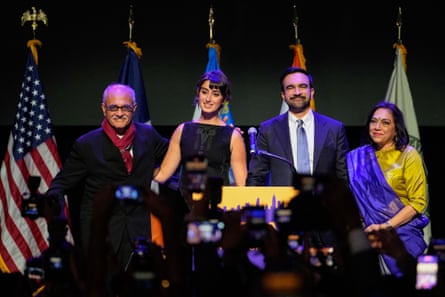
Khan, who moved to the US from India in the 1990s, said he was “proud” to hear Mamdani quoting Nehru from the podium. “Nehru was a man who brought everyone together,” Khan told me. “At the time of partition, it was a very vicious environment in India, and in that moment, Nehru stood up as a secular leader, brought people together.”
In Khan’s eyes, Mamdani offers something similar: “Zohran’s campaign has shown how you can bring together Jews and Muslims and Hindus and Christians in this highly divisive time in this country.”
Mamdani’s own parents are both children of the Nehruvian age of Indian democracy, steeped in the ideas of pluralism.
His father Mahmood Mamdani, a scholar of colonialism and a professor at Columbia University, was born to Gujarati Muslim parents in Mumbai. But he grew up in Kampala, Uganda, and first came to the United States on a scholarship to study at the University of Pittsburgh and became involved in the civil rights movement; he was among the students arrested for travelling to Montgomery, Alabama, from northern universities during the bus boycott led by Martin Luther King Jr.
After finishing his master’s at Tufts University, Mahmood moved back to Uganda, only to be expelled from his adopted country as part of Idi Amin’s expulsion of the Indian diaspora, ending up at a refugee shelter behind the Kensington Palace in London. In the 1980s, Amin’s successor, Milton Obote stripped Mahmood of his Ugandan citizenship for criticizing government policies. His status as a thinker and writer only rose, culminating in a tenured professorship at Columbia University, where he continues to work today.
The celebrated filmmaker Mira Nair, Zohran’s mother, was born in Orissa, on the other side of the subcontinent from Mumbai, in a family of high-ranking bureaucrats. While in her teens, she turned down a full scholarship to Cambridge University – the scars of British colonialism were still fresh in the Indian psyche – and instead went to attend Harvard. She spent her summers in New York city among the artists and writers, developing an affinity for theater and films. Her first forays into filmmaking explored the lives of residents of Old Delhi, an Indian newspaper dealer in New York, and strippers and street-children of Mumbai.
It was while researching her second feature film, Mississippi Masala, which follows the lives of Ugandan Indians displaced by Idi Amin, that Nair first met Mahmood, as part of her research. In 1991, the same year the film was released, the couple got married, and had a son: Zohran Kwame Mamdani, who got his middle name in honour of Kwame Nkrumah, the Ghanaian revolutionary who became the country’s first president.
Zohran spent the first five years of his life in Kampala, living in a bungalow overlooking Lake Victoria, where part of Mississippi Masala was shot. In a 2002 profile of Nair in The New Yorker, he was introduced as “Nair’s talkative doe-eyed son, Zohran, who exudes the charm of the well-loved, [and] is known by dozens of coinages, including Z, Zoru, Fadoose, and Nonstop Mamdani”.
Like his father, Zohran lived an itinerant childhood. After his father moved to New York in a faculty apartment close to Columbia University, Zohran, leaving behind Kampala, was enrolled in the private Bank Street School in Manhattan. Evenings were spent in Riverside Park. At home, dinner guests included Columbia scholars like Edward Said and Rashid Khalidi, close friends of his father. For high school he went to a selective public school in the Bronx, and attended college in Maine, graduating in Africana Studies in 2014.
Zohran’s first meaningful brush with the desperation among the city’s working-class families came during his work as a foreclosure prevention and housing counsellor in Queens. During the 2016 presidential election, he was inspired by the campaign of Bernie Sanders, which focused on costs-of-living, affordability and healthcare. Those same issues would go on to become the bedrock of his mayoral campaign. At a town hall in Brooklyn with Sanders this September, Zohran said it was Sanders’s campaign that first exposed him to the language of democratic socialism. During his term as the representative of New York’s 36th state assembly district, his most notable work was with the taxi drivers in the city.
At a time when immigrants around the country are feeling increasingly threatened under the Trump administration, as masked agents of the Immigration and Customs Enforcement (ICE) stalk the streets of American cities, harassing, arresting and deporting immigrants, Zohran’s campaign has cultivated a sense of hope among the community.
“We are an organization made up of immigrants,” Irene Hsu, communications and media manager at CAAAV, said. “The people who work with us, they’re cooks, they’re restaurant workers, they’re cab drivers, they’re home care workers, they’re students, they’re teachers, they’re parents, they’re elderly folks who have retired from working jobs as construction workers. It’s all these people who really run the city. And I think that Zohran’s platform, which is their own platform, is about shifting the terrain of power in this country.”
On Tuesday night, as the results started to trickle in, Faidra Tzedakis, who moved to New York from Greece in 2014, went to a watch party organised by the Democratic Socialists of America in Astoria, Queens. Tzedakis became a permanent resident during the summer and has been grappling with what that means.
“The previous generation had the American Dream of this nice big house with a fence, and a stable nine-to-five job and that, kind of, has died,” said Tzedakis, who grew up amid the economic crisis in Greece. “It doesn’t really exist anymore.”
“I think this campaign just proves that immigrants and younger people and educated people have a voice, and there’s hope: like we can change things,” she said. “So I think that the new dream is that we would live in a world where our leaders speak up and stand up for reproductive rights, against genocides, against Islamophobia and antisemitism, and do their best to protect marginalized groups like undocumented immigrants.
“We’re not afraid of the money or the establishment anymore,” she said. “And we can create a world that is just more accepting, and, yeah, loving.”

 2 months ago
44
2 months ago
44
